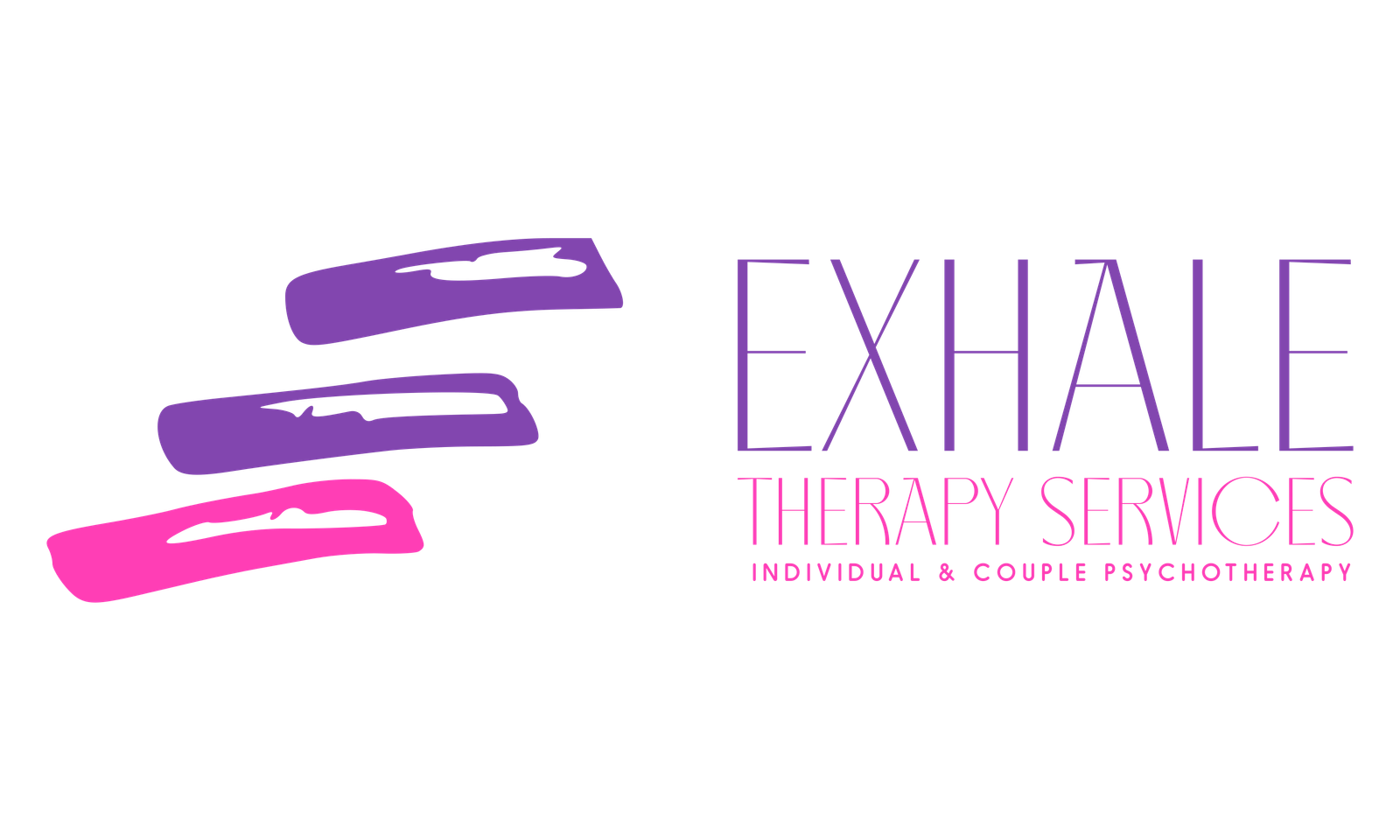Managing Depression: Effective Strategies for Coping and Recovery
Depression is a mental health disorder that affects millions of people all over the world. It is a serious illness that can have a profound impact on a person’s life, affecting their relationships, work, and overall quality of life. Depression can be caused by a variety of factors, including genetics, environmental factors, and life events. In this article, we will explore effective strategies for managing depression, including self-assessment tools, coping skills, professional help, and holistic approaches to healing.
Understanding Depression – Types and Symptoms
Depression is a complex mental health disorder that can manifest in different ways. There are several types of depression, including major depressive disorder, persistent depressive disorder, postpartum depression, and seasonal affective disorder. Each type has its own set of symptoms and treatment options.
The symptoms of depression can vary from person to person, but common symptoms include feelings of sadness, hopelessness, and helplessness. Other symptoms may include changes in appetite, sleep disturbances, loss of interest in activities, and difficulty concentrating. It is important to note that depression is a treatable illness, and seeking professional help is essential for recovery.
Am I Depressed? – Self-Assessment and Signs
If you are experiencing symptoms of depression, it is important to seek professional help. However, there are also self-assessment tools available that can help you determine whether you may be experiencing depression. These tools are not a substitute for professional diagnosis and treatment, but they can be a helpful starting point.
Some common signs of depression include persistent feelings of sadness, difficulty sleeping, changes in appetite or weight, loss of interest in activities, and thoughts of self-harm or suicide. If you are experiencing any of these symptoms, it is important to seek professional help as soon as possible.
Coping with Depression – Effective Strategies
Coping with depression can be challenging, but there are effective strategies that can help. One of the most important things you can do is to take care of yourself. This means getting enough sleep, eating a healthy diet, and engaging in regular exercise. It is also important to avoid drugs and alcohol, as these substances can worsen depression symptoms.
Other effective coping strategies for depression include mindfulness meditation, journaling, and spending time in nature. These activities can help reduce stress and improve overall well-being. It is also important to stay connected with friends and family, as social support can be a valuable source of strength during difficult times.
How to Get Out of Depression – Practical Tips
Getting out of depression can be a long and challenging process, but there are practical tips that can help. One of the most important things you can do is to seek professional help. This may include therapy, medication, or a combination of both. It is important to work with a mental health professional who has experience treating depression.
Other practical tips for getting out of depression include setting small goals for yourself, practicing self-care, and challenging negative thoughts. It is also important to identify and address any underlying issues that may be contributing to your depression, such as relationship problems or work stress.
Dealing with Depression – Professional Help and Support
If you are struggling with depression, it is important to seek professional help and support. This may include therapy, medication, or a combination of both. It is important to work with a mental health professional who has experience treating depression.
Other sources of support for depression include support groups, online resources, and helplines. It is important to stay connected with friends and family, as social support can be a valuable source of strength during difficult times.
How to Help Someone with Depression – Dos and Don’ts
If you know someone who is struggling with depression, there are several things you can do to help. It is important to offer support and encouragement and to avoid judgment or criticism. It is also important to encourage the person to seek professional help and to offer to help them find a therapist or psychiatrist.
Other dos and don’ts for helping someone with depression include listening without judgement, avoiding platitudes or cliches, and offering practical support, such as helping with household chores or running errands. It is important to remember that depression is a serious illness and that recovery takes time and patience.
Smart Recovery – A Holistic Approach to Healing
Smart Recovery is a holistic approach to healing that focuses on building resilience and coping skills. It combines cognitive-behavioural therapy, motivational interviewing, and mindfulness techniques to help individuals overcome addiction, depression, and other mental health challenges.
Smart Recovery emphasizes self-empowerment and self-reliance and encourages individuals to take an active role in their recovery. It also emphasizes the importance of social support and community and provides a variety of resources and tools to help individuals stay on track.
Coping Skills for Depression – Exercises and Activities
Coping skills are an essential part of managing depression. There are many exercises and activities that can help build resilience and improve overall well-being. Some effective coping skills for depression include deep breathing exercises, progressive muscle relaxation, and guided imagery.
Other coping skills for depression include creative activities, such as art or music therapy, and physical activities, such as yoga or tai chi. It is important to find activities that you enjoy and that resonate with you personally.
Fighting Depression – Mindset and Lifestyle Changes
Fighting depression requires a combination of mindset and lifestyle changes. It is important to challenge negative thoughts and beliefs and to cultivate a sense of optimism and hope. It is also important to make healthy lifestyle choices, such as getting enough sleep, eating a healthy diet, and engaging in regular exercise.
Other lifestyle changes that can help fight depression include practicing self-care, setting realistic goals, and cultivating a strong social support network. It is important to remember that recovery takes time and effort, and that setbacks are a normal part of the process.
Conclusion – Hope, Healing, and Moving Forward
Managing depression can be a challenging and complex process, but there is hope for recovery. By seeking professional help, practicing effective coping skills, and making positive lifestyle changes, individuals can overcome depression and move forward with their lives. It is important to remember that recovery is a journey and that each step forward is a victory. With the right support and resources, individuals can find hope, healing, and a brighter future.
CTA
If you or someone you know is struggling with depression, please seek professional help. There are many resources available, including therapists, psychiatrists, and support groups. Remember that recovery is possible and that you are not alone.




